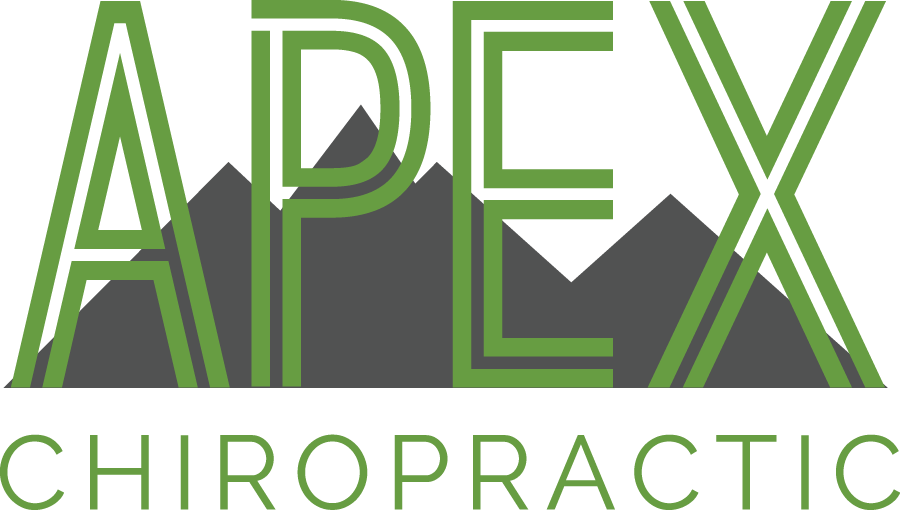The central and peripheral nervous systems make up the human nervous system. The brain and spinal cord comprise the central nervous system. The peripheral nervous system is the network of nerves that branch out from the central nervous system to the rest of the body.
Peripheral neuropathy is a condition where damaged peripheral nerves cause pain, weakness, and other problems. Peripheral neuropathy is one of the side effects commonly caused by some chemotherapy regimens. Discover how chemotherapy induces neuropathy, the chemo agents with known neuropathy risks, the symptoms you may experience, and various treatment options available.
Why Does Chemotherapy Induce Neuropathy?
Chemotherapy agents induce cellular damage at the DNA level, causing the cells to die. While the primary target is cancer cells, these agents cannot tell the difference between healthy and malignant cells. The secondary result may include damage to nerve cells, leading to what’s known as chemotherapy induced neuropathy, or CIPN.
Do All Chemotherapies Run This Risk?
There are many factors associated with developing CIPN beyond just receiving chemotherapy. For instance, receiving a combination therapy regimen, which is a common treatment approach, increases the risk of CIPN. Agents that are specifically noted with risks of CIPN include:
- Cisplatinum
- Carboplatin
- Oxaliplatin
- Ifosfamide
- Vincristine
- Vindesine
- Vinblastine
- Vinorelbine
- Paclitaxel
- Docetaxel
- Epothilones, including A, B, and D
- Eribulin
- Bortezomid
- Thalidomide
- Suramin
What Are the Symptoms?
The symptoms associated with CIPN depend on the type of neuropathy you’re experiencing. Different chemotherapy agents cause different types of neuropathy, including sensory, motor, and autonomic. Sensory neuropathy is the most common form of CIPN among patients. Symptoms of chemo-induced peripheral neuropathy include:
- Tingling or the feeling of pins-and-needles
- Burning, numbness, or pain
- Increased sensitivity
- Decreased sensation
- Muscle weakness
What Will Your Oncology Team Recommend?
It’s critical to your health to discuss any signs of CIPN with your oncology team. There are four grades of chemotherapy induced peripheral neuropathy, with grade 4 having life-threatening consequences. Assuming grade 2 or grade 3 severity, they may recommend the following options.
Physical or Occupational Therapy
Oncologists commonly prescribe physical therapy as a standard of care for CIPN. Physical therapists work to safely strengthen the areas experiencing neuropathy. Further, some patients report a reduction in neuropathic pain while receiving physical therapy.
Medications
Depending on the severity of the neuropathy you’re experiencing, your doctor may recommend certain medications to help mitigate the discomfort. Commonly used medications include anticonvulsants, antidepressants, or in some cases opiate pain medication. As you take these medications, keep in mind that they do not typically help resolve the underlying nerve damage but inhibit the pain signals from moving through the nervous system. Exercise caution depending on these medications to control your pain if you want to avoid long-term nerve damage.
Treatment Plan Modifications
Depending on your particular case, your oncologist may recommend changing the dose of your chemotherapy dosage. As they make this decision, it’s always a balance between the grade of the symptoms and your particular cancer treatment plan. It’s always worth talking with your team to determine whether the severity of your symptoms warrants a dose adjustment. Do not change the dose without consulting with your oncology team, as doing so may make the medication ineffective for the treatment you’re seeking.
Are There Complimentary Treatment Options?
Beyond the treatment options that your team may recommend there are complementary treatment options that you can seek from a qualified chiropractor. The chiropractor should do a full evaluation to determine the best options for your situation, including discussing your current oncology treatment protocol. Treatment options a chiropractor may explore include the following.
Spinal Manipulation
Spinal manipulation is what most people associate with chiropractic treatment. Proper manipulation releases beta-endorphins, which is a natural pain blocker that your body produces. However, you may not tolerate traditional approaches to manipulation, especially if you have a chest port.
This is where the torque release technique is invaluable for maintaining effective communication throughout your nervous system. Rather than applying direct pressure to perform adjustments, this method uses a precise tool called an Integrator. Using this tool has the same benefits as manual hands-on adjustments, but delivers it in a more tolerable method that doesn’t exert pressure on other parts of the body.
Massage Therapy
Massage is a common complementary therapy recommended for cancer patients. It helps patients relax and can help ease discomfort by loosening muscles and soft tissues. It also helps improve superficial blood flow and stimulate nerves in the areas you’re experiencing neuropathy. Both of these aid in nerve growth and health, improving the recovery from CIPN.
Electromagnetic Infrared Therapy
This therapy uses low-level lights to signal vasoendothelial growth, which stimulates angiogenesis. Angiogenesis is the development of new blood vessels, which is important for the nerves healing from damage, even that caused by chemotherapy. It’s important to work with a properly trained professional to ensure the therapy is adequate for the neuropathy but doesn’t pose any conflicts with your cancer or treatment plan.
Nerve Re-Education
Nerves grow as they heal, and need some support to continue developing properly. Nerve Re-Education uses a specialized device that assists with nerve growth. The Cancer Centers of America uses this with their patients to help rebuild nerves as they go through chemotherapy. Ideally, you’ll have your own device to take home and continue therapy between chiropractic visits. The benefit is often immediate pain relief and long-term restoration of normal sensation in the affected areas.
Advanced Nutritional Therapy
Nutrition is extremely important for everyone, especially those going through chemotherapy. Many chemo agents cause various deficiencies, some of which may contribute to CIPN. Working with your chiropractor, you’ll want to look at advanced nutritional therapies to ensure that you’re missing needed nutrients to support your nerve development and healing.
Before starting nutritional therapy, check with your oncology team for possible contraindications. Even nutrients that are commonly considered beneficial can be problematic with some chemotherapy regimens. For instance, many studies show the importance of antioxidants for reducing oxidative stress in the body and removing free radicals. However, major antioxidants like curcumin and glutathione both render agents like cyclophosphamide ineffective. Others may enhance the effect of the medication, leading to greater toxicity.
Give yourself all the tools available for navigating the challenging road of cancer treatment and its side effects. Call to schedule your Louisville area chemotherapy induced neuropathy screening with the neuropathy experts at Apex Chiropractic.

Ready to See the Best Chiropractor in Louisville, CO?
Apex Chiropractic believes in thriving through life, not suffering in it. We believe that the activities that we want to partake in do not only desire but are necessary, just as necessary as our daily activities. In order to thrive in life and not suffer, we have to be completely in tune with our bodies. Schedule your appointment with us, today.
Like this article? Spread the word!
Related Posts
June 29, 2023
The Potential Mechanism of COVID Vaccine-Induced Peripheral Neuropathy: Numbness and Tingling in the Hands and Feet
Discover the potential mechanism behind COVID vaccine-induced peripheral neuropathy and…
June 9, 2023
Diabetic Neuropathy: Understanding the Connection Between Diabetes and Nerve Damage and How Chiropractic Care Can Help
Explore the connection between diabetes and nerve damage in our informative blog on…
April 10, 2023
Guide to Complex Regional Pain Syndrome
Complex regional pain syndrome causes substantial pain that interferes with completing…





